Pros and Cons of Making and Using Compost for Growing
Composting is an amazing practice to decompose natural materials and to enrich the soil of your plant but no matter if you do it at home, in schools or in a community there are advantages and disadvantages.
Composting enriches soil, reduces landfill waste, and lowers greenhouse gas emissions. However, we clearly saw that it requires time, space, and proper management to avoid attracting pests and producing unpleasant odors.

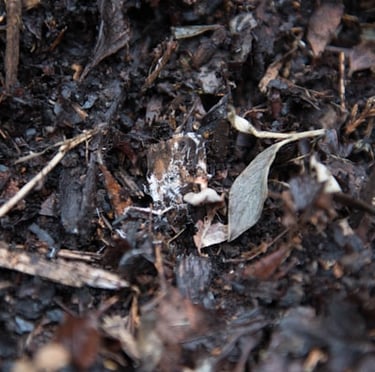





Promotes healthy root growth: Compost promotes a healthy root system by providing plants with essential nutrients and improving soil aeration. We observed stronger and more extensive root systems in our plants.
Reduces waste: Composting helps divert organic waste from landfills, homes, schools, and communities, reducing methane emissions and contributing to a cleaner environment.
Improves soil structure: Compost helps break up heavy clay soils and improves the texture of sandy soils, creating an optimal growing environment for plants. This structural improvement was evident in our garden beds, which became more crumbly and easier to work with.
Supports beneficial microbial activity: Compost introduces beneficial microorganisms that aid in breaking down organic matter and improving soil health. We saw healthier plants and soil after we had composted with the right ingredients and applied them.
Reduces greenhouse gas emissions from organic waste: By composting organic waste, we can reduce methane emissions, a potent greenhouse gas, from decomposing waste.
Can be done at home, schools, or community gardens: Composting is versatile and can be implemented in various settings. We found that community composting projects foster a sense of cooperation and shared responsibility.
Enriches soil with essential nutrients: Compost adds vital nutrients like nitrogen, phosphorus, and potassium to the soil. After applying compost regularly, we saw significant improvement in plant health and productivity.
Reduces the need for chemical fertilizers: Using compost reduces reliance on synthetic fertilizers, which can be harmful to the environment.
Helps retain soil moisture: Compost improves soil structure, which enhances its ability to retain water. This is particularly beneficial in drought-prone areas. During dry spells, our compost-enriched soil maintained moisture longer, which reduced the need for frequent watering.
Pros
Cons
Requires time and effort to maintain: We found that composting demands regular attention, including turning the pile and monitoring moisture levels. Without proper maintenance, composting can become a neglected task, which usually leads to ineffective results.
Can attract pests if not managed properly: Improperly managed compost piles can attract rodents, flies, and other pests. To prevent this, we made sure to cover food scraps and maintain the right balance of green and brown materials.
Needs space and suitable conditions: Composting requires adequate space and appropriate conditions, such as proper aeration and moisture levels.
May produce unpleasant odors: A well-balanced compost pile should not emit strong odors. However, an imbalance in materials can lead to unpleasant smells. We learned that adding enough brown materials (like leaves) helps mitigate this issue.
Takes time to produce usable compost: Composting is not an instant process and can take several months to produce usable compost unless you speed it up with techniques like composting starters.
Initial cost for composting equipment: Setting up a composting system may require an initial investment in bins, compost fencing, aerators, and other equipment. We found that these costs are offset over time by the savings on fertilizers and waste disposal.
Requires knowledge: It requires the right understanding of compost, and a balance of green (nitrogen-rich) and brown (carbon-rich) materials.
Needs regular monitoring and turning: Regularly turning the compost pile helps aerate it and speed up decomposition. This task requires time and effort, but is crucial for producing high-quality compost.
Potential for spreading plant diseases: Diseased plant material can harbor pathogens if not fully decomposed. We ensured that our compost reached high enough temperatures to kill any harmful organisms.
The Advantages and Disadvantages of Composting:
After All these Advantages and Disadvantages, Is Composting Actually Worth It?
After weighing all these pros and cons of composting at home, in schools, and in communities, is it actually worth it?
Absolutely. The benefits of enriching soil, reducing landfill waste, and promoting sustainability far outweigh the challenges, and we have done composting for a very long time now, and it has been very beneficial every time.
While composting requires effort and knowledge, the rewards in terms of healthier plants and a cleaner environment make it a good investment, and if you want to level up to a pro gardener this is a great way to do so.
What Happens If You Don't Compost?
If you don't make and use compost that's absolutely no problem because ultimately it's your choice, but you miss out on a few great things: organic waste ends up in landfills where it decomposes anaerobically, producing methane, a potent greenhouse gas.
Additionally, creating rich, fertile soil that can enhance garden productivity and health. Not composting means relying more on chemical fertilizers, which can harm the environment and reduce soil quality over time.
Composting Pros and Cons for Special Considerations:
Composting in Schools
Composting programs in schools can teach students about sustainability and environmental responsibility. Involving children in composting projects helps instill lifelong eco-friendly habits.
Leaf Compost
Fallen leaves are an excellent source of carbon and therefore an amazing compost ingredient for compost piles. Shred leaves before adding them to speed up decomposition and improve the compost’s texture.
Community Compost
Community composting projects can bring neighbors together and provide a collective solution to organic waste management. These projects promote sustainability and create valuable compost for communal gardens.
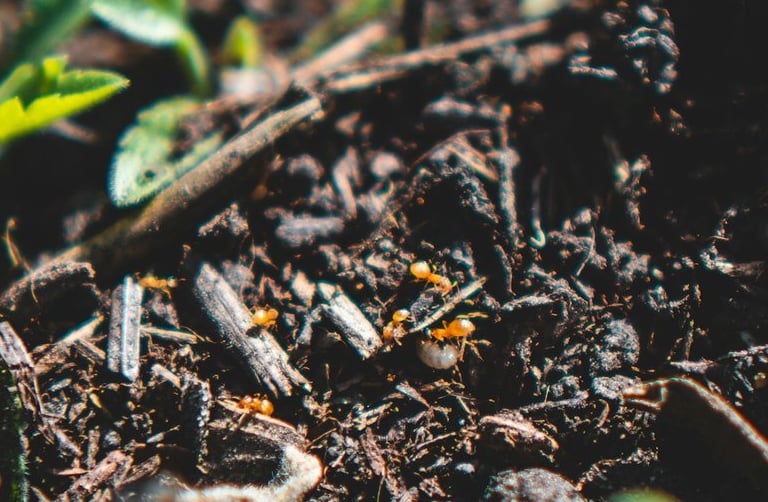

FAQ
What are 3 things you shouldn't compost?
Avoid composting meat, dairy, and oily foods. These items can attract pests such as rodents and flies, and they tend to create unpleasant odors as they decompose.
Additionally, avoid adding diseased plants or weeds that have gone to seed, as these can introduce pathogens or spread weeds when you use the compost in your garden.
When should you not use compost?
Avoid using compost that is not fully decomposed. Incomplete compost can still harbor pathogens and weed seeds that might cause problems in your garden.
We also saw that using unfinished compost can rob soil of nitrogen as it continues to break down. Ensure that the compost has a dark, crumbly texture and an earthy smell before applying it to your plants.
Is it OK to turn compost daily?
While turning compost daily is not harmful, it is generally unnecessary. Turning your compost pile every 1-2 weeks is usually sufficient to aerate the pile and promote decomposition. Overturning can dry out the compost and may not allow enough time for the microorganisms to break down the organic material effectively.
How long should you compost?
The composting process can take anywhere from a few months to a year, depending on factors such as the materials used, the size of the compost pile, and environmental conditions.
Hot composting, a fast composting method where the pile reaches higher temperatures, can produce finished compost in as little as 2-3 months. In contrast, cold composting, which involves less frequent turning and lower temperatures, can take up to a year and these are also compost types that take longer like compost tea which also involves brewing.
Is compost better than fertilizer?
Composting and fertilizing serve different purposes and are often used together for optimal plant health.
Compost improves soil structure, increases water retention, and adds beneficial microorganisms to the soil.
Fertilizers, on the other hand, provide specific nutrients that plants need for growth. While compost is excellent for long-term soil health, fertilizers offer an immediate nutrient boost. Using both can create a balanced and thriving garden environment.
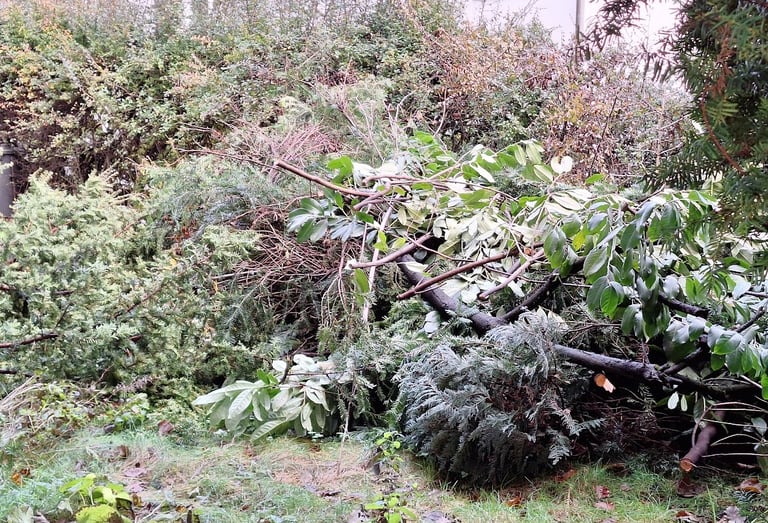




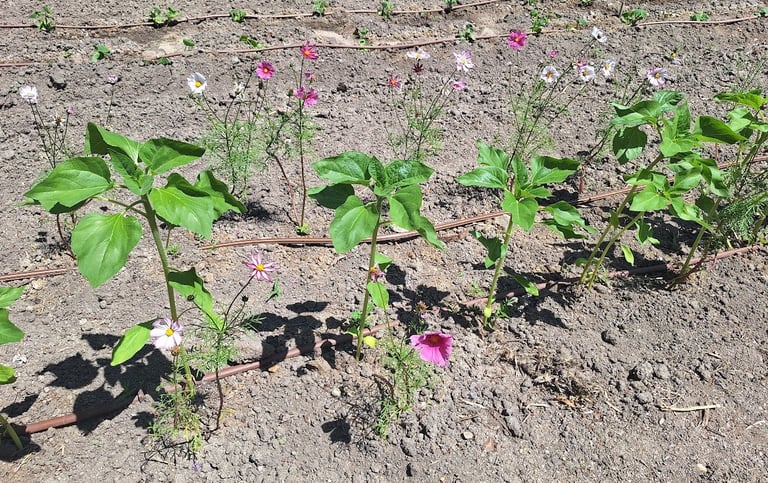





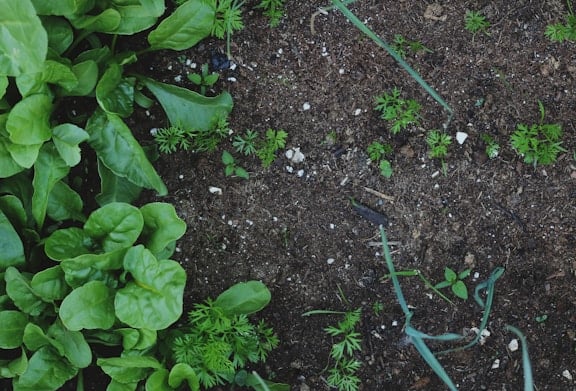



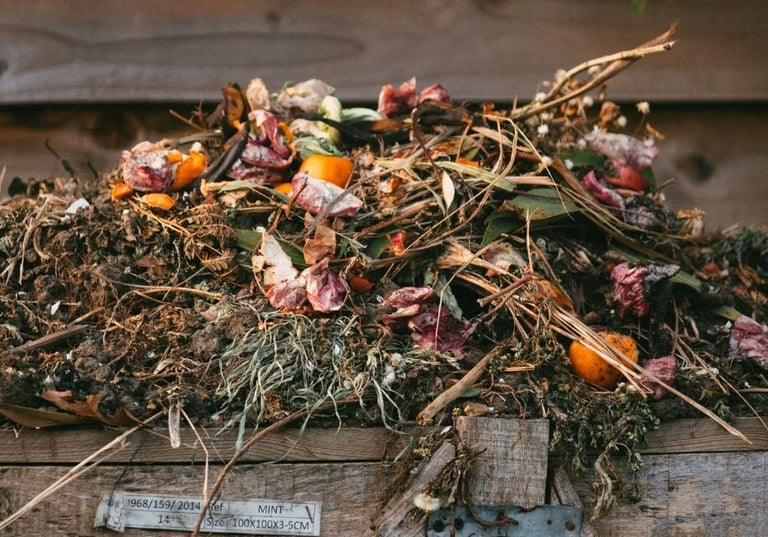


Sources
Nature and Sustainability uses only high-quality sources, including peer-reviewed studies to support the facts we describe in our articles. Please read our editorial policy to learn more about how we keep our content accurate, reliable, and trustworthy.
Pros and cons chart: Benefits of Composting (umich.edu), Benefits of Compost - US Composting Council, Benefits of Compost - CalRecycle
General information on composting: https://www.compostingcou..., Compost Pile Microbes - CalRecycle, Making and Using Compost | (missouri.edu), Compost Turning (okstate.edu), Create a Compost Pile – Bonnie Plants, How Long Does Compost Take – Lomi
Soil fertility and benefits to soil: Soil fertility - Wikipedia, Home Compost (iu.edu)
Community composting: Community Composting | US EPA
Compost materials: Here’s What Not to Put in Compost (bhg.com)
Share this article:




Article By:
Calin has been in the garden industry for 5 years and knows a lot about gardening and plants. He is the founder of this website and is responsible for most of the content.
Reviewed and Fact Checked By:
Liviu Burileanu


Liviu is an expert gardener who has farmed and grown plants for 15 years. He likes houseplants and also knows cybersecurity like the back of his hand.

